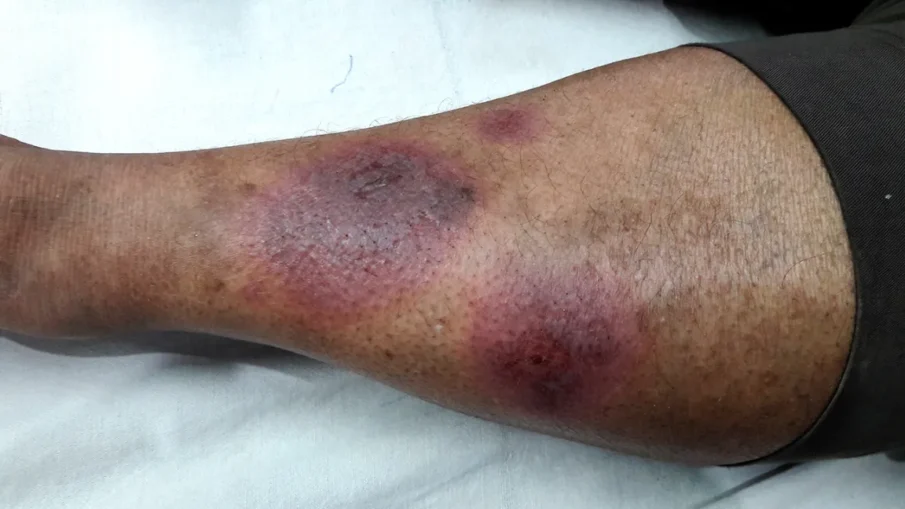Crohn’s disease gets its name from American gastroenterologist Dr. Burrill Crohn (1884-1983) who was one of the first physicians to describe the illness in 1932 (which was gotten from an article published by Cleveland Clinic on the 28th May 2020.) Crohn’s disease is a long-term condition that causes inflammation of the lining of the digestive system. Inflammation can affect any part of the digestive system, from the mouth to the back passage, but most commonly occurs in the last section of the small intestine or the large intestine.
Common symptoms can includes diarrhoea, abdominal pain, fatigue (extreme tiredness), unintended weight loss, blood and mucus in your faeces (stools). Crohn’s disease typically appears in younger people – often in their late teens, 20s or early 30s. However, this condition can happen at any age. It’s equally common in men and women. Crohn’s disease can also be see in young children.
Causes
The exact cause of Crohn’s disease is unknown. However, research suggests a combination of factors may be responsible and these includes;
Genetics
According to an article by Mayoclinic published on the 6th of August 2022, Crohn’s disease is more common in people who have family members with the disease, so genes may play a role in making people more likely to have it. However, most people with Crohn’s disease do not have a family history of the disease.
The immune system
Inflammation may be caused by a problem with the immune system that causes it to attack healthy bacteria in the gut and according to an article by Mayoclinic published on the 6th of August 2020, It’s possible that a virus or bacterium may trigger Crohn’s disease; however, scientists have yet to identify such a trigger. When your immune system tries to fight off an invading microorganism or environmental triggers, an atypical immune response causes the immune system to attack the cells in the digestive tract, too.
Previous infection
A previous infection may trigger an abnormal response from the immune system. In certain genetically susceptible individuals, a previous childhood infection may lead to an abnormal immune response, causing the symptoms of Crohn’s disease. Off an article from Healthline published on the 16th of April 2021, People with Crohn’s are also more likely to develop intestinal infections from bacteria, viruses, parasites, and fungi. This can affect the severity of symptoms and create complications.
Smoking
Smokers with Crohn’s disease usually have more severe symptoms than non-smokers. Aside from family history and ethnic background, smoking is the most important risk factor for Crohn’s disease. Smokers are twice as likely to develop the condition than non-smokers. Furthermore, people with Crohn’s disease who smoke usually experience more severe symptoms and are much more likely to require surgery
When to see a doctor
See your doctor if you have persistent changes in your bowel habits or if you have any of the signs and symptoms of Crohn’s disease state earlier.



